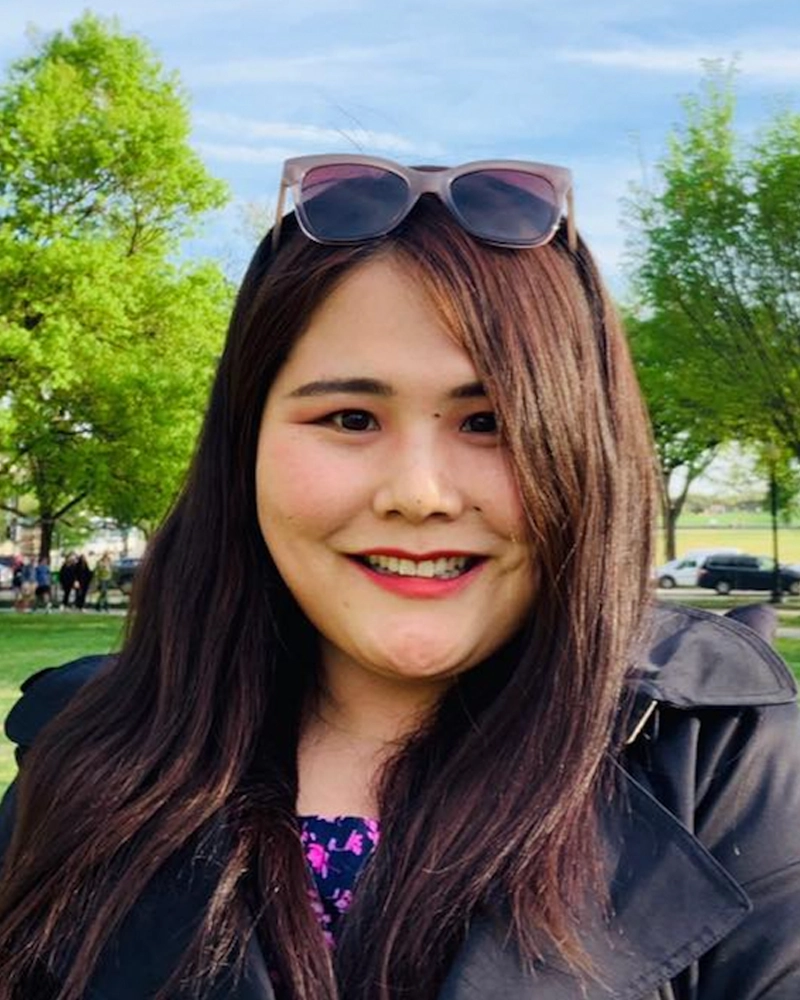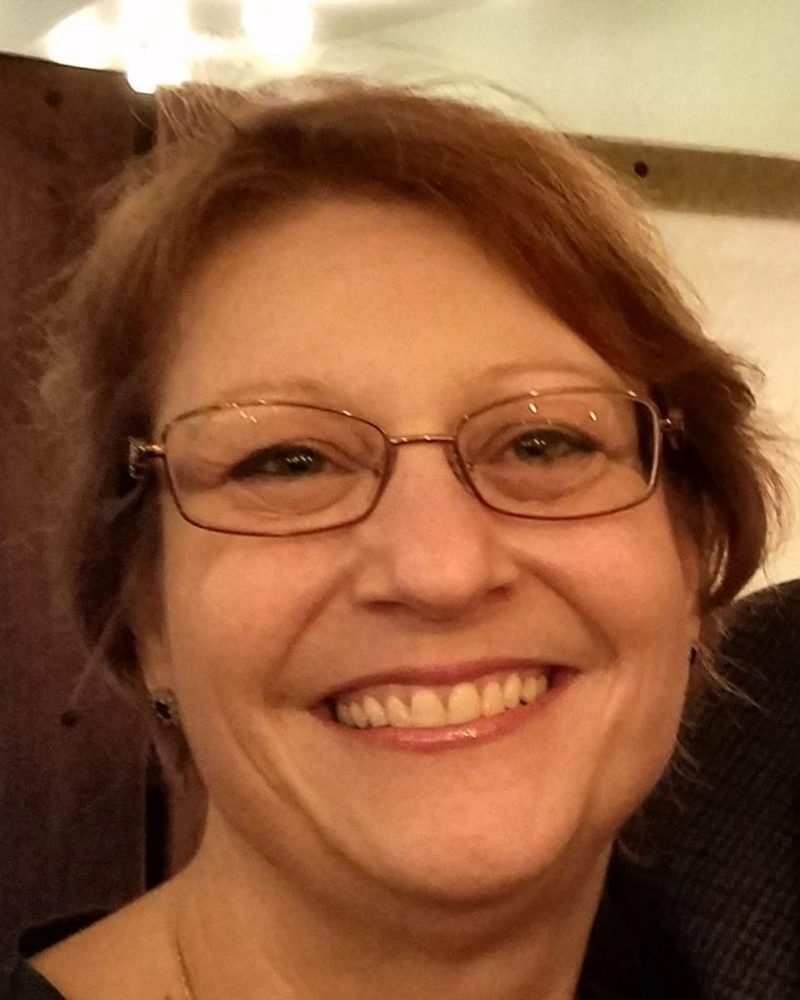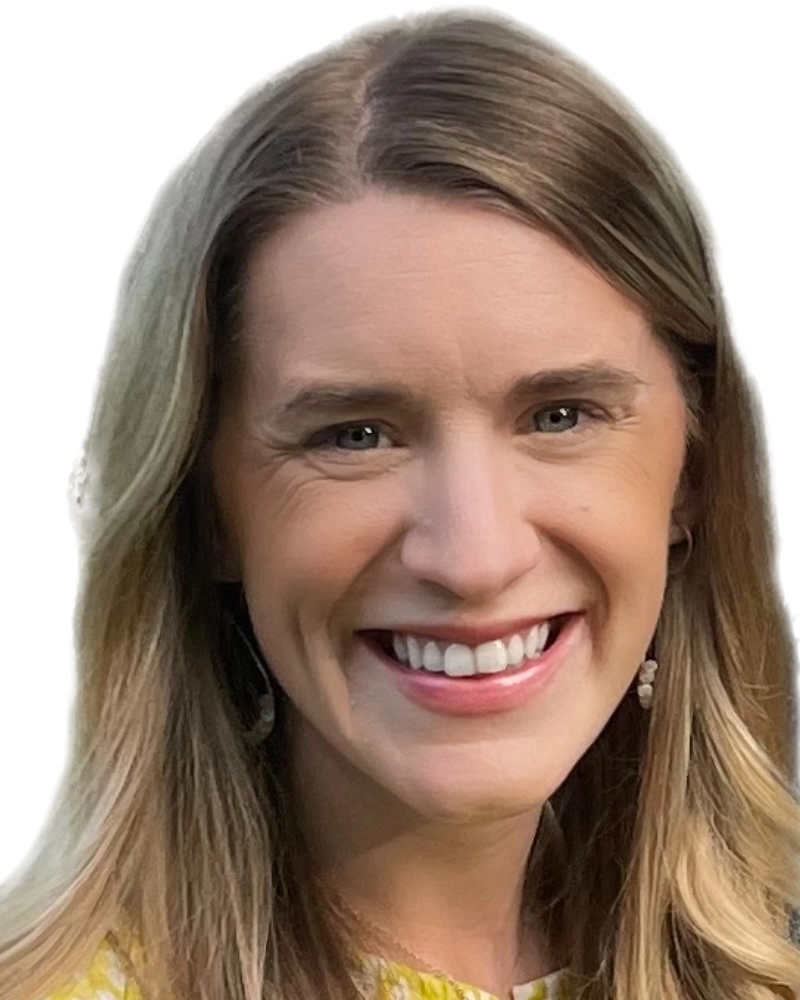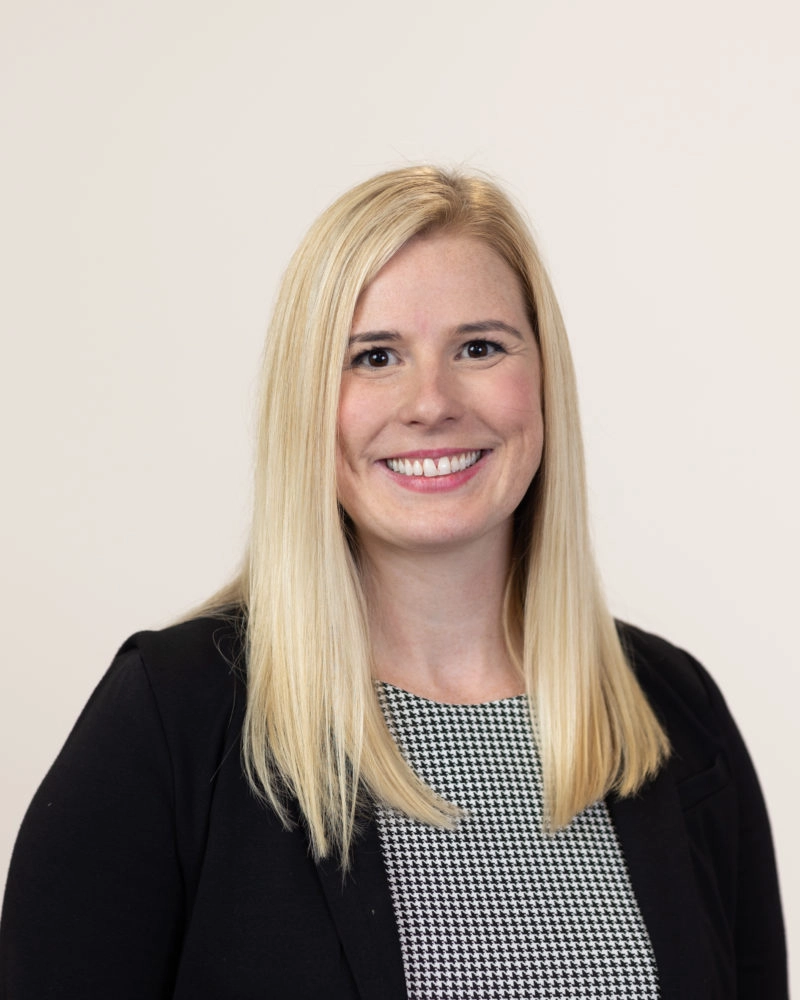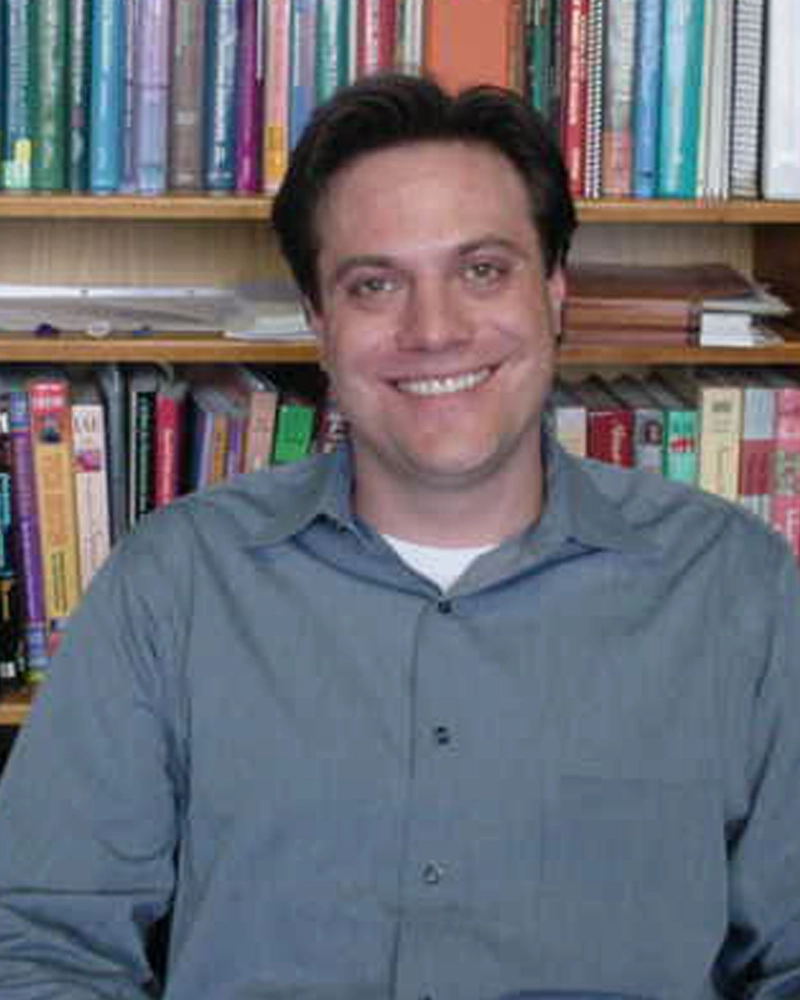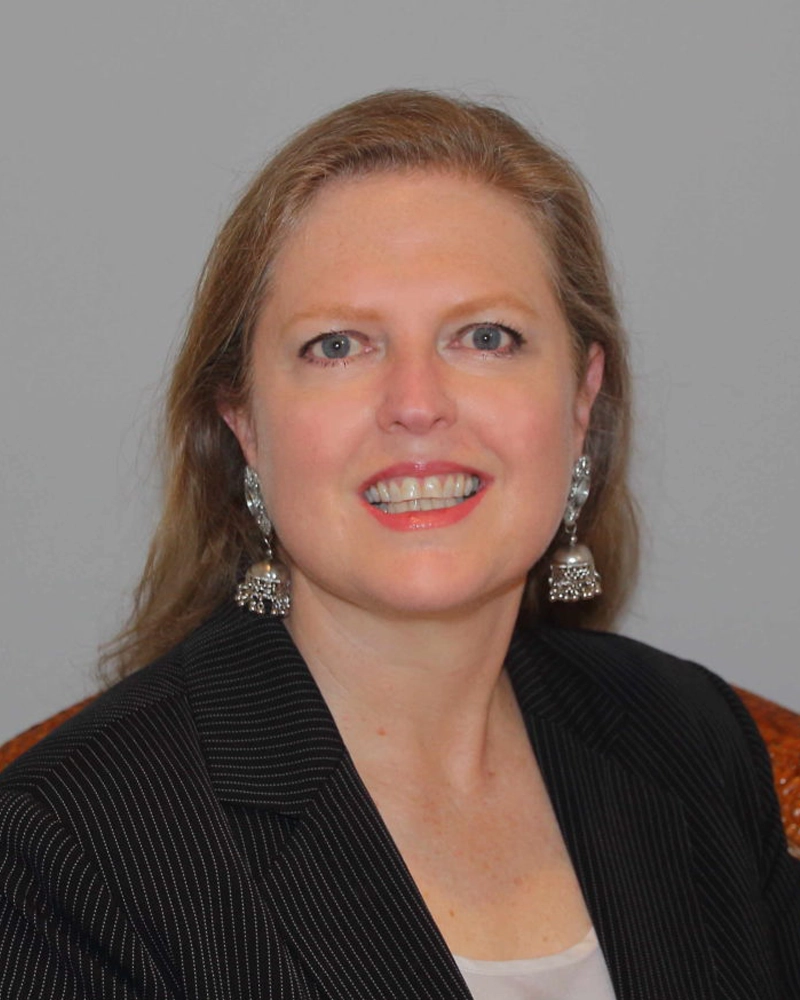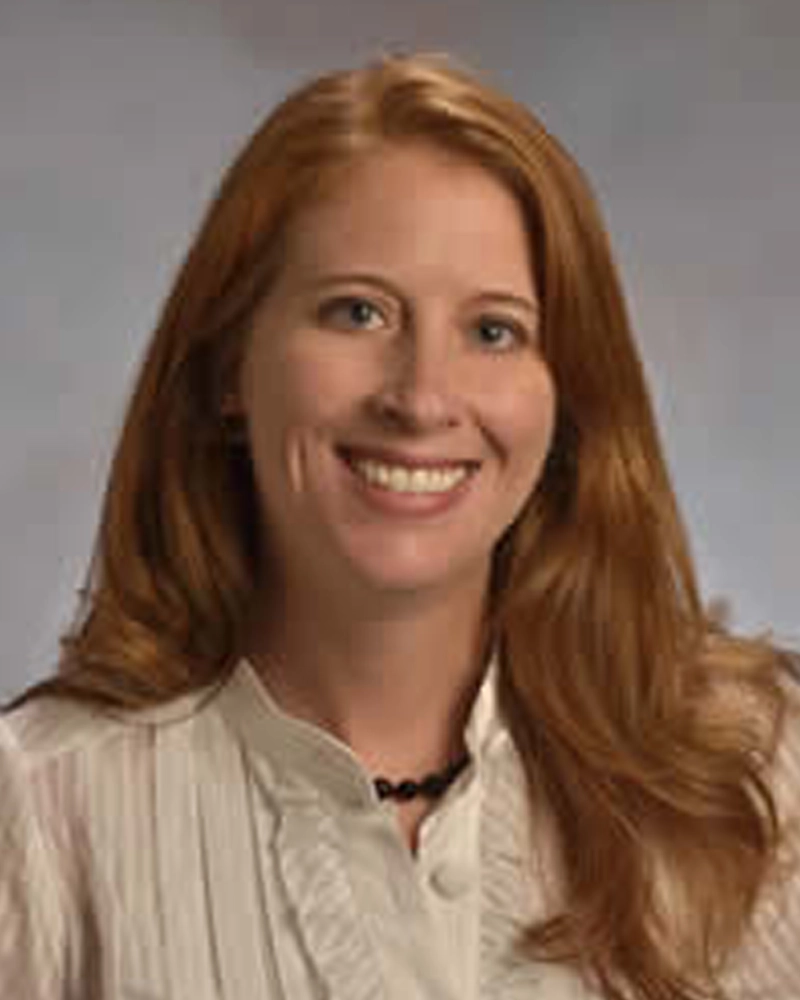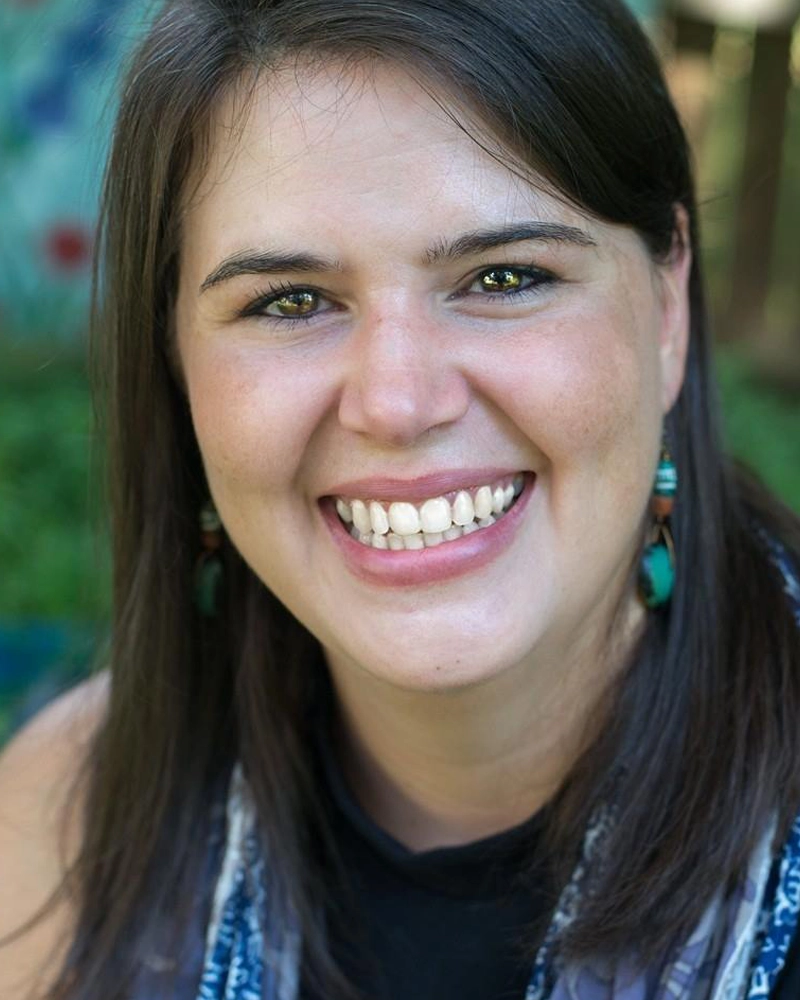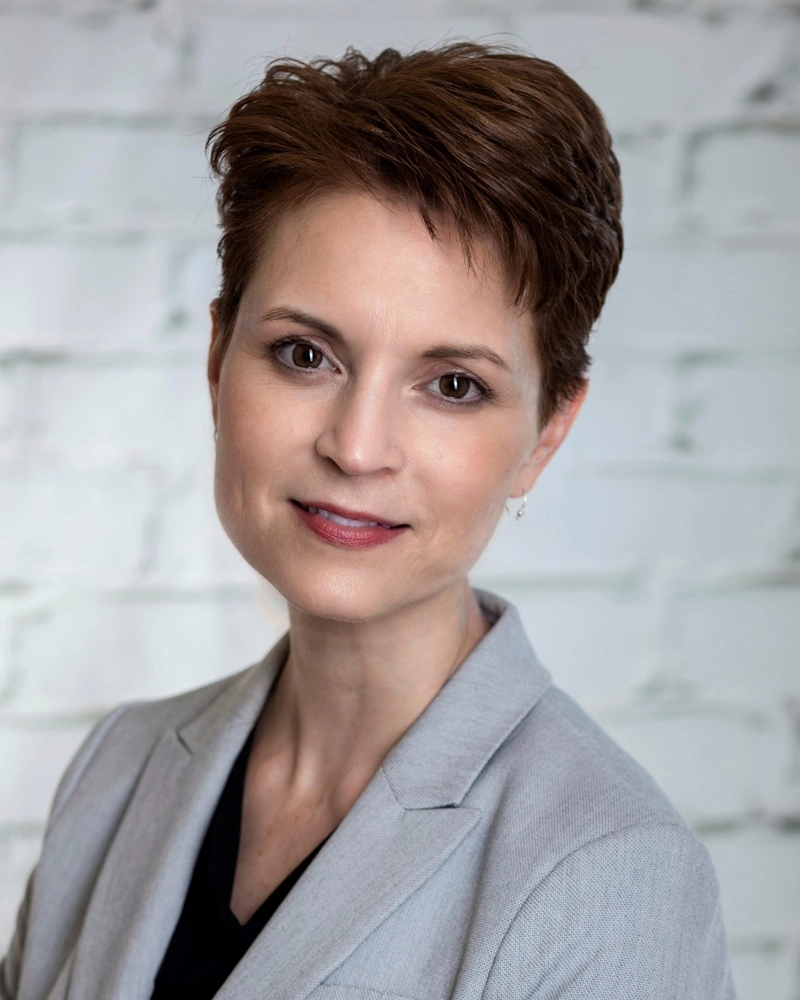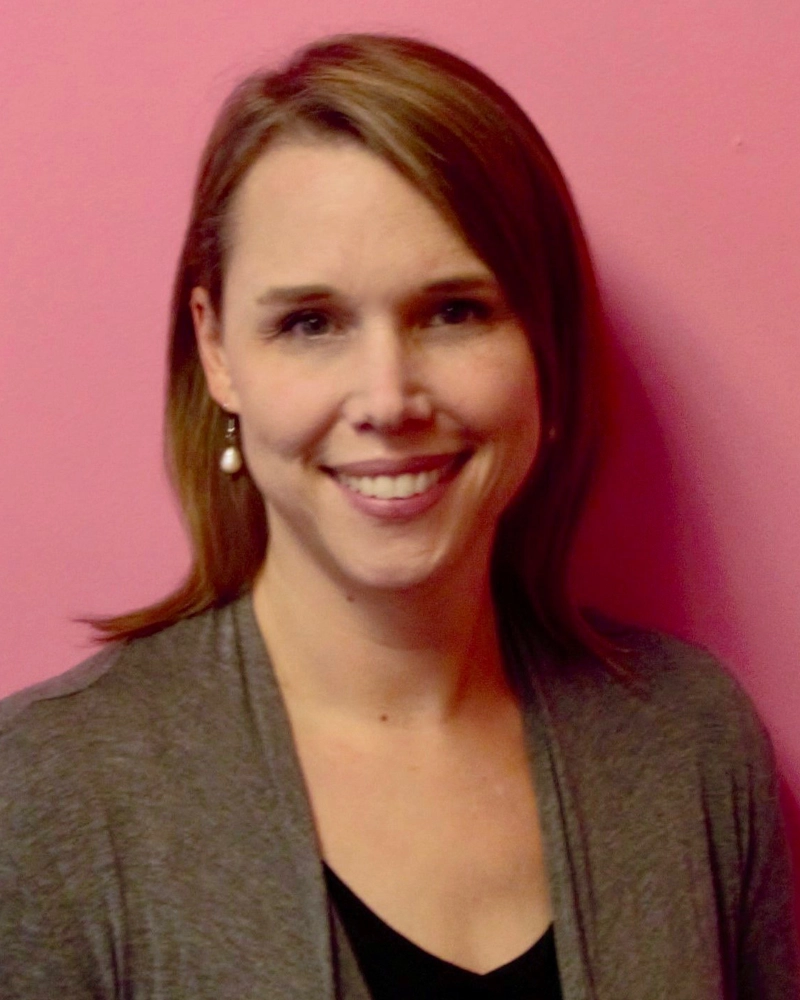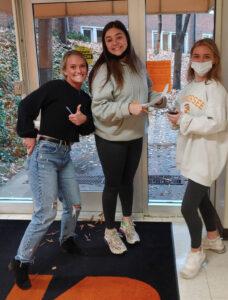
Research
Faculty and students in Special Education conduct research that advances inclusive practices, supports students with a range of learning needs, and informs effective interventions in schools and communities.
Programs
Special Education offers an undergraduate and a graduate pathway to becoming a special education teacher. The graduate pathway results in licensure in three areas related to special education.
Undergraduate
We offer two options for a Bachelor of Science (B. S.) degree focused on Special Education. One includes an undergraduate internship while a second leads to a 5th year graduate internship.
More on B. S. in Education focusing on Special Education
Graduate
We offer Master of Science (M. S.), Educational Specialist (Ed. S.), and Doctor of Philosophy (Ph. D) degrees that provide opportunities for focused study in Special Education. The M.S. and Ed.S. programs offer pathways for both individuals seeking teacher licensure and those who already hold a teaching license. In addition, we offer two graduate certificate options for educators and other professionals who would like to enhance or add on their knowledge in education-related fields.
More on M. S. in Teacher Education focusing on Special Education
More on Ed. S. in Teacher Education focusing on Special Education
In Special Education, we prepare educators and advocates to create inclusive, strengths-based learning environments that support all learners in reaching their full potential.
Special Education Faculty
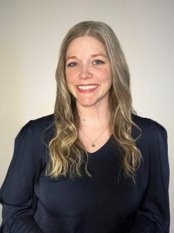
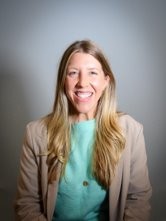
Sharing Recent Work From Faculty and Students
Journal of Special Education Technology
Buzhardt, J., Leonard, J., Ai, J., Higgins, S., Greenwood, C., Consolver, K., Walker, D., & Carta, J. (2023). Technology to Facilitate Progress Monitoring of Infant–Toddler Growth and Development: Measuring Implementation in Community-Based Agencies. Journal of Special Education Technology, 38(2), 198–212. https://doi.org/10.1177/01626434221108882
Journal of Learning Disabilities
Boucher, A. N., Bhat, B. H., Clemens, N. H., Vaughn, S., & O’Donnell, K. (2024). Reading interventions for students in grades 3–12 with significant word reading difficulties. Journal of Learning Disabilities, 57(4), 203–223.
Beyond Behavior
Owens, J. K. (2024). “I’m Not a Writing Teacher!”: Practice-Based Professional Development to Support Writing Instruction for General and Special Educators. Beyond Behavior, 33(1), 4-12. https://doi-org.utk.idm.oclc.org/10.1177/10742956231224355
Journal of Behavioral Education
Wilson, C., Skinner, C. H., Price, C., Coleman, M. B., & Wilhoit, B. (2023). The effects of a computer-based phrase reading intervention on word reading in postsecondary students with disabilities. Journal of Behavioral Education. https://doi.org/10.1007/s10864-023-09533-5
Preventing School Failure
Moore, T. C., Daniels, S., Taylor, K. L. H., Oliver, R. M., Chow, J., & Wehby, J. H. (2024). Supporting teachers’ effective classroom and behavior management: What do teachers tell us? Preventing School Failure, 68(1), 60–69.https://doi.org/10.1080/1045988X.2022.2158160 (January)
The Journal of Experimental Education
Gibbs, A.S., Reed, D.K., & Ma, J. (in press). The effects of a science vocabulary intervention for young children at risk for oral language difficulties. The Journal of Experimental Education. https://doi.org/10.1080/00220973.2024.2408318
International Council for Exception Children Annual Convention and Expo
Alderman, D. & Smith, C. C. (March 2023). Innovations in Special Education Technology (ISET) Technology Playground: Using Google to Support Teacher Candidates and Mentor Teachers. Paper presented at the International Council for Exceptional Children Annual Convention and Expo, Louisville, KY.
Research, Advocacy, and Practice for Complex and Chronic Conditions
Coleman, M. B., Smith, C. C., Baldwin, J. L. (2023). Physical disability school performance impact model. Research, Advocacy, and Practice for Complex and Chronic Conditions, 2(41), 7-24. https://doi.org/10.14434/rapcc.v2i41.34530

